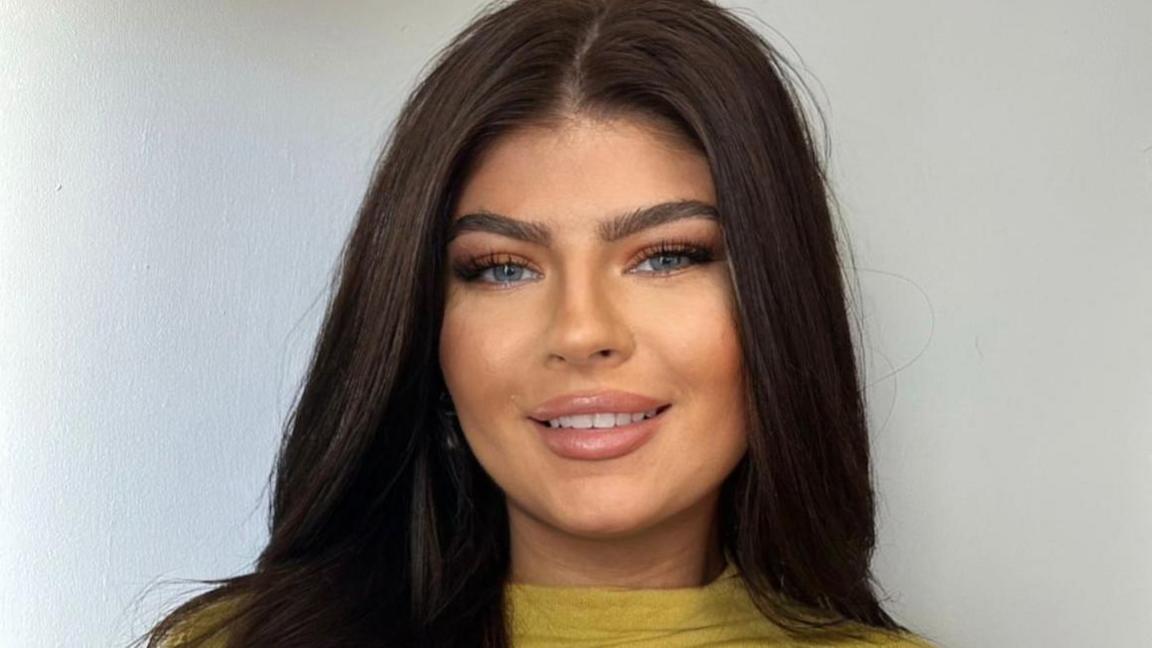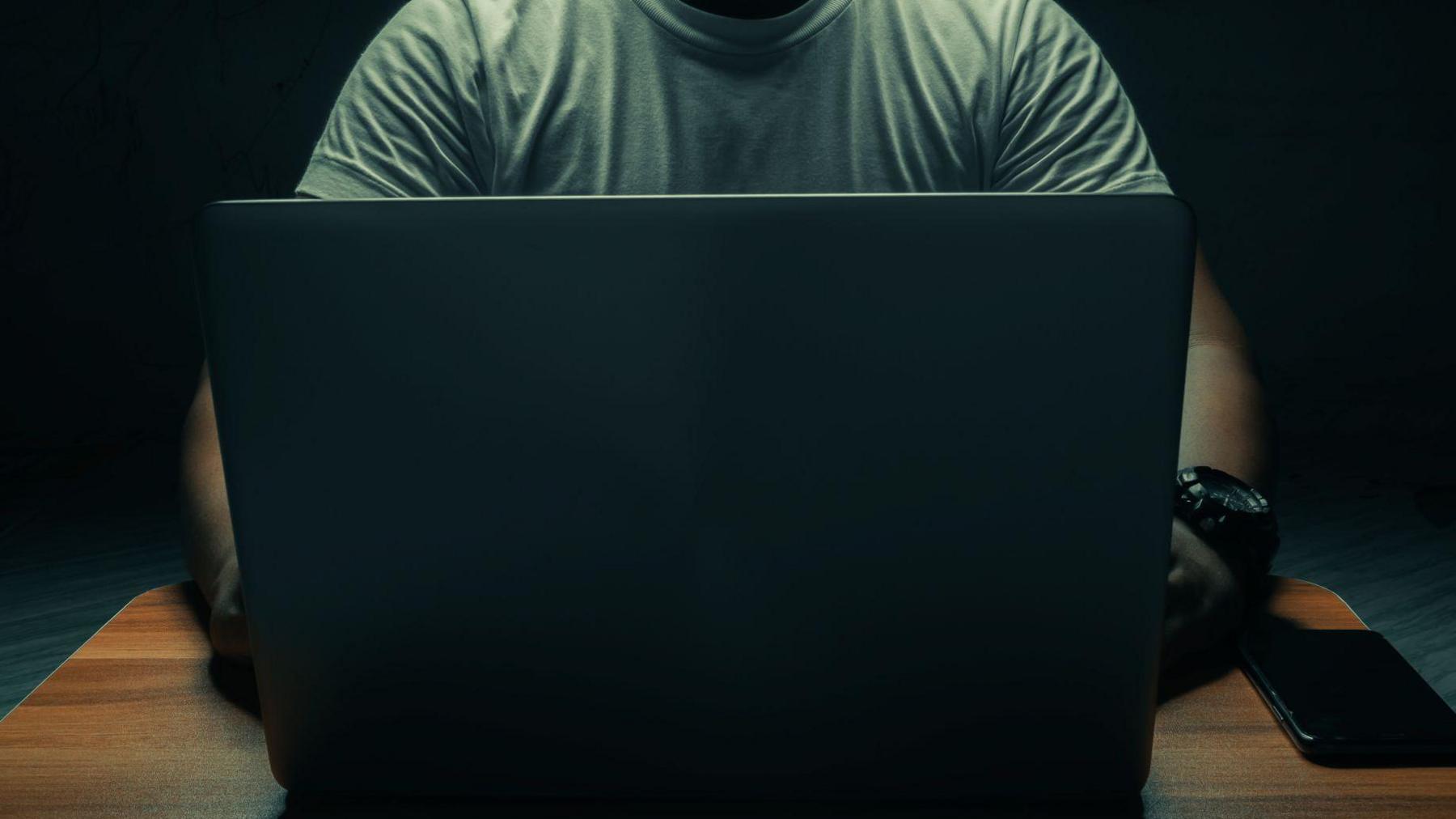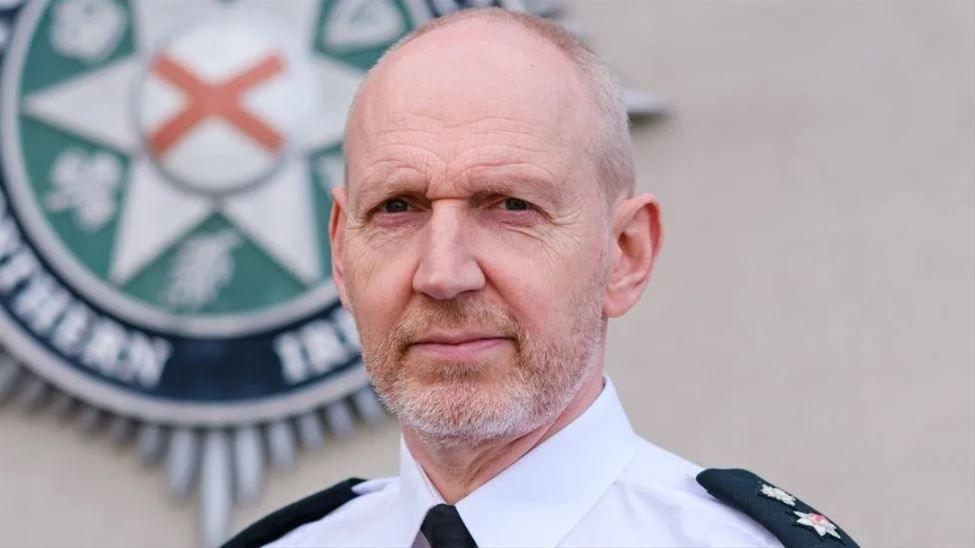'I get constant sexism online' - election candidate

Helen Maher says the comments she receives online are disgusting
- Published
A candidate standing in the 2024 general election has described sexist and misogynistic comments made about her online as harassment.
Helen Maher, of the SDLP, said she had been asked for photos of her feet and if her campaign was being funded by a website known for its sexual content.
She described the messages and comments as “constant and disgusting”.
“Would you say that to another male candidate? No you wouldn’t," she told BBC News NI.
"So why should I have to go through that?”
The PSNI said any abuse, harassment or criminality directed at candidates or elected representative is totally unacceptable and will be “thoroughly investigated”.
'I constantly get messages of sexism'
Ms Maher said that women in politics stand together on this issue, and that it goes beyond party or politics.
When the 4 July poll was announced, the Electoral Commission called for the public to consider their behaviours online and on the street towards candidates.
Since the start of the general election campaign, police in Northern Ireland have said they have received a “small number of reports of online abuse of election candidates and investigations are ongoing”.
BBC News NI has spoken to a number of candidates from other parties who have described their own experiences of misogyny online as "dire".
“I constantly get messages of sexism,” Ms Maher continued.
“For a while there, a man just sent me a pig face emoji every day. Every single day.
“I get a lot of follows from men constantly online, liking pictures of me."

Police said safety information is available for election candidates
She said she received comments of congratulations, but also some who questioned: "Is Onlyfans fronting your campaign?"
“Every single day I go on my phone I have messages and they’re just really, really rude messages.
"'Can you sell feet pictures to me' was the one where I said I’ve had enough of this, and I’m going to speak out about this. Because it does put off young women going into politics.”
She added: “I don’t read them all. I have all my notifications switched off on all social media."
'Unacceptable behaviour'
PSNI Assistant Chief Constable Davy Beck said he was aware that online abuse towards elected representatives and candidates can increase in the lead-up to an election.
"Electoral Commission research also demonstrates that such unacceptable behaviour is often disproportionally directed at female candidates," he said.

Davy Beck said any reports of abuse online will be investigated
“The police service is committed to supporting all candidates in the upcoming election and we will play our part to ensure they can campaign free from harassment and intimidation."
The senior officer said a guidance document has been produced to provide information to candidates about "staying safe" and the steps they can take to prevent physical and online abuse.
“I want to emphasise that any abuse, harassment or criminality directed at candidates and any elected representative is totally unacceptable and will be thoroughly investigated."
'I'm a strong person'
Ms Maher said social media apps Instagram and X (formerly known as Twitter) are the platforms where she believes the abuse is worst.
“I try not to take it on because you have to be very strong, you have to let it wash away and not take it seriously. But when you’re being bombarded by that you do take it seriously and it can get to you.
“I’m a strong person and I’ve a strong mind so I keep going.”
Ms Maher added female politicians have reached out to support her.
“It doesn’t matter what party you’re a part of we’re still women and we’ve to stand together. It doesn’t matter," she explained.
Ms Maher said men also get abused online, but she believes men are taken more seriously than women in politics.
“They (men) don’t get sexual harassment online," she said.
“As a young woman I am not taken seriously.”
Aoife Clements, founder of 50:50 NI said misogyny directed at female candidates is a "huge issue".
"It seems to be directed at women from all parties and it’s very sinister in that a lot of this abuse has very sexual undertones," she said.
"There needs to be zero tolerance approach to this kind of online violence and abuse. Women need to make sure that they are reporting everything that happens no matter how small it seems."